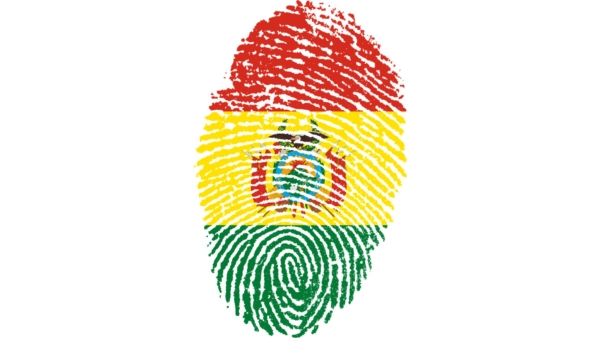Overview
The Bolivian Criminal Code specifically prohibits the transmission or attempted transmission of HIV within broad provisions on diseases and sexually transmitted infections.
Article 216 of the Criminal Code, which prohibits the spread of contagious or severe diseases with penalties of one to ten years’ imprisonment, specifically makes it an offence for anyone who knows they have HIV to transmit or attempt to transmit the condition to another.
Additionally, Article 277 imposes a penalty of imprisonment for one month to one year for anyone who, knowing they are living with a sexually transmitted infections including HIV, puts another at ‘risk of contagion’ through sexual or non-sexual means. If HIV transmission is caused, the penalty under this provision is raised to five to ten years’ imprisonment (compared with one to three years for other STIs). Where the victim is a child or adolescent, these sentences are enhanced to three to six years for ‘exposure’, and ten to 15 years for transmission.
The effect of these provisions is that actual transmission, attempted transmission, and perceived ‘exposure’ are all criminalised in Bolivia.
There have been at least two cases of HIV criminalisation within Bolivia, both of which involved preemptive action being taken by authorities to prevent a perceived danger to the health of others.
In 2013, a sex worker was placed under house arrest for continuing to work after being diagnosed with HIV and allegedly exposing her clients to infection. The Departmental Health Service considered her a risk to public health and requested the Chuquisaca Departmental Court to take preventative measures. The judge ruled her guilty of a crime and required her to receive medical treatment, report to the Public Prosecutor’s Office every two weeks, and remain under house arrest with a police guard. This case was controversial for a number of reasons. Firstly, the woman maintained that she was unaware of her HIV status and only discovered her diagnosis after being asked to take a test. She was therefore sentenced for a crime she did not commit as without prior knowledge of her status she could not have knowingly exposed anyone to infection. Furthermore, it appears that no evidence of actual transmission of HIV was provided. Lastly, the woman was compelled both to take a test and to undertake treatment which violated her right to confidentiality and her ability to voluntarily decide on appropriate treatment.
In a second case reported in 2023, health authorities announced that they were filing a criminal complaint against a pregnant woman they alleged was living with HIV but refused to comply with medical treatment. The reasoning of the authorities was that the woman was creating a risk of vertical transmission to her child, and they needed to act to protect the health of the unborn baby. In terms of the legal grounds, it appears that the case relied on alleged violations of public health measures.
Laws
Bolivia Criminal Code
Book II – Special Part – Title V – Chapter III – Crimes against Public Health
Article 216 – Spread contagious or severe diseases
Shall be liable to imprisonment of one to ten years, anyone who:
1. Spreads contagious or severe diseases resulting in epidemics
(…)
9. Takes any other action which in any way could affect the health of the population.
10. Transmits or attempts to transmit HIV knowing that they live with this condition.
Article 277. Transmission of sexually transmitted diseases or HIV/AIDS
Whoever, knowing that he/she is suffering from a sexually transmitted disease or HIV/AIDS, puts another person at risk of contagion through sexual or extra-sexual relations, shall be punished with deprivation of liberty for a period of one (1) month to one (1) year.
If the contagion is caused by a sexually transmitted disease, the penalty shall be from one (1) to three (3) years; if the contagion is caused by the transmission of HIV/AIDS, the penalty shall be deprivation of liberty for a period of five (5) to ten (10) years.
In the event that the danger of contagion occurs through sexual or extra-sexual means and the victim is a child or adolescent, it shall be punished with a prison sentence of three (3) to six (6) years. If the contagion occurs, the penalty shall be from ten (10) to fifteen (15) years.
Acknowledgements
Our thanks to Australian law firm Hall & Wilcox for their research assistance to confirm current relevant legislation.
HIV Justice Network's Positive Destinations
Visit the Bolivia page on Positive Destinations for information on regulations that restrict entry, stay, and residency based on HIV-positive status, as well as access to HIV treatment for non-nationals.

